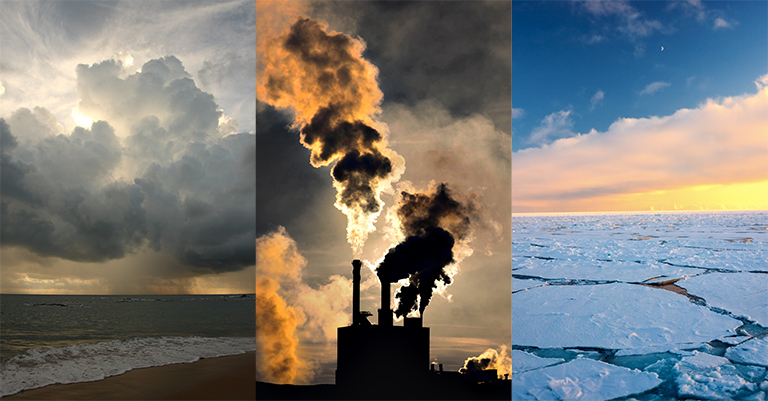Climate change may be a key issue influencing the outcome of the four-day European Parliament election, which begins on May 23.
A recent opinion poll showed that up to 77% of potential voters identified global warming as an “important criterion” when deciding who to vote for at the election.
The survey by ‘Ipsos MORI’ revealed how much climate change has climbed up on the priority list of European voters. The aim of the survey was to understand the importance of environmental issues in election.
Millions of youngsters marched across European cities over the last months to demand stronger action from politicians on climate change, part of a movement which mobilised millions more worldwide.
“Many young people are going to vote in the elections for the first time and are likely to choose MEPs who support more climate action,” said Wendel Trio, director of Climate Action Network Europe, an environmental organisation.
“This could bring about real change in the future European institutions,” he predicted.
But the violent protests against the carbon tax in France are also a reminder that climate policies can bite back on policymakers if they are not accompanied by social measures to lessen the impact on the poorest.
The survey revealed some common trends among countries. The impact of high electricity and gas prices, for instance, was identified as the top environmental priority in Poland (86%), Spain (88%), and Belgium (82%).
But the single most important environmental issue for voters is to produce food in a healthy, sustainable way. This was rated as the top issue in Slovakia (87%), Austria (86%), Italy (85%) and France (81%) – with an average rating of 82% across the 11 countries surveyed.
There are national divergences too. In Spain for example, voters consider solar energy as an important election topic, while Slovaks also mention wind power.
Meanwhile, French respondents tended to identify organic farming and pesticides as their top environmental concern.
A total of 751 Members of the European Parliament (MEPs) currently represent more than 512mn people from some 28 EU member states.
In February 2018, the European Parliament voted to decrease the number of MEPs from 751 to 705, if the United Kingdom were to withdraw from the European Union on March 29 this year.
However after an extension of the Article 50 process, the United Kingdom is now due to participate alongside other EU member states.
The UK is due to leave the EU on October 31, after Brexit was delayed, amid continuing parliamentary deadlock.
It means the UK must now hold European elections on May 23, or leave on June 1 without a deal.
Every five years, EU countries go to the polls to elect members of the European Parliament. The European Parliament is directly elected by EU voters.
Each country is allocated a set number of seats, roughly depending on the size of its population. The smallest, Malta (population: around half a million) has six members sitting in the European Parliament while the largest, Germany (population: 82mn) has 96.
Climate change issue may influence European Parliament election

Related tags :


